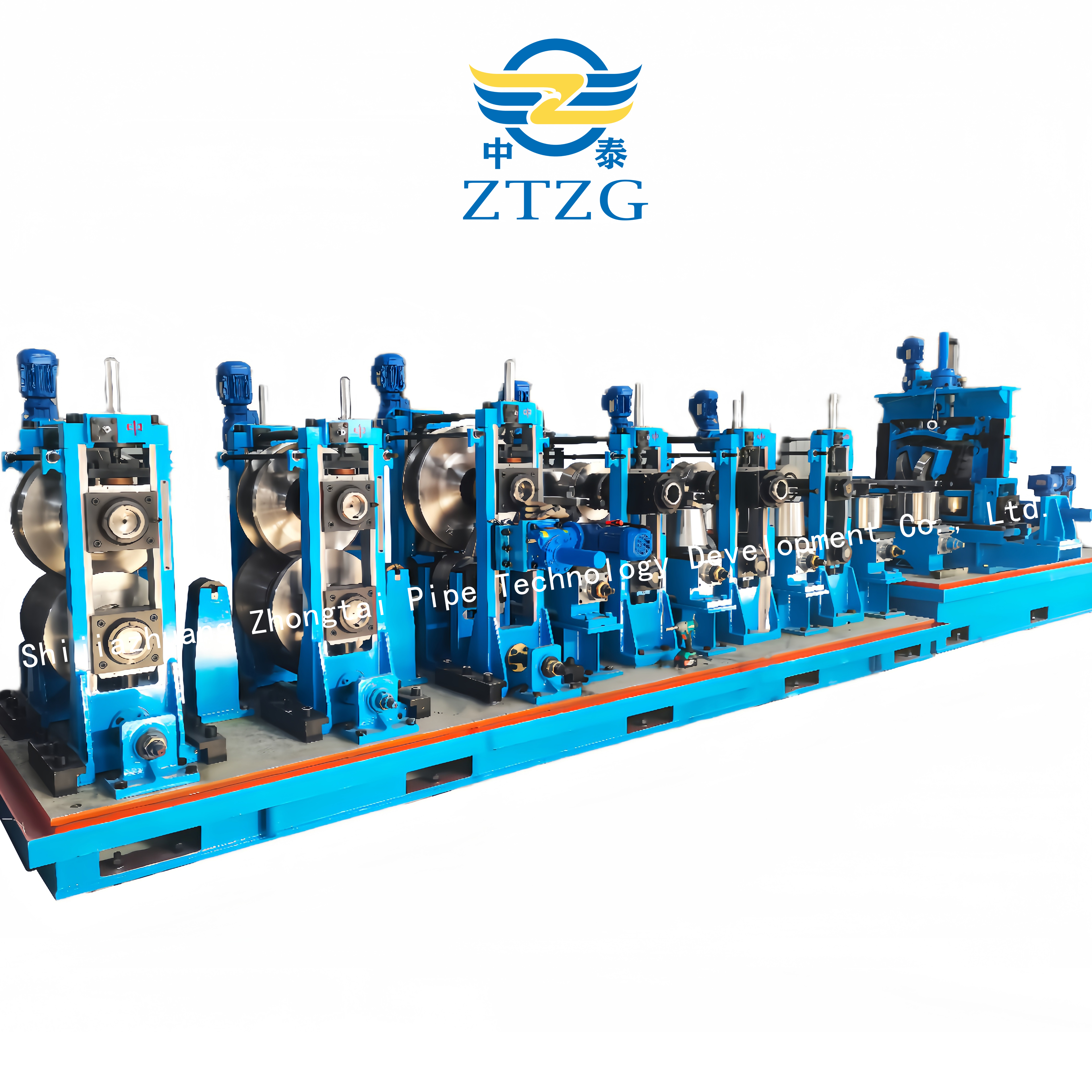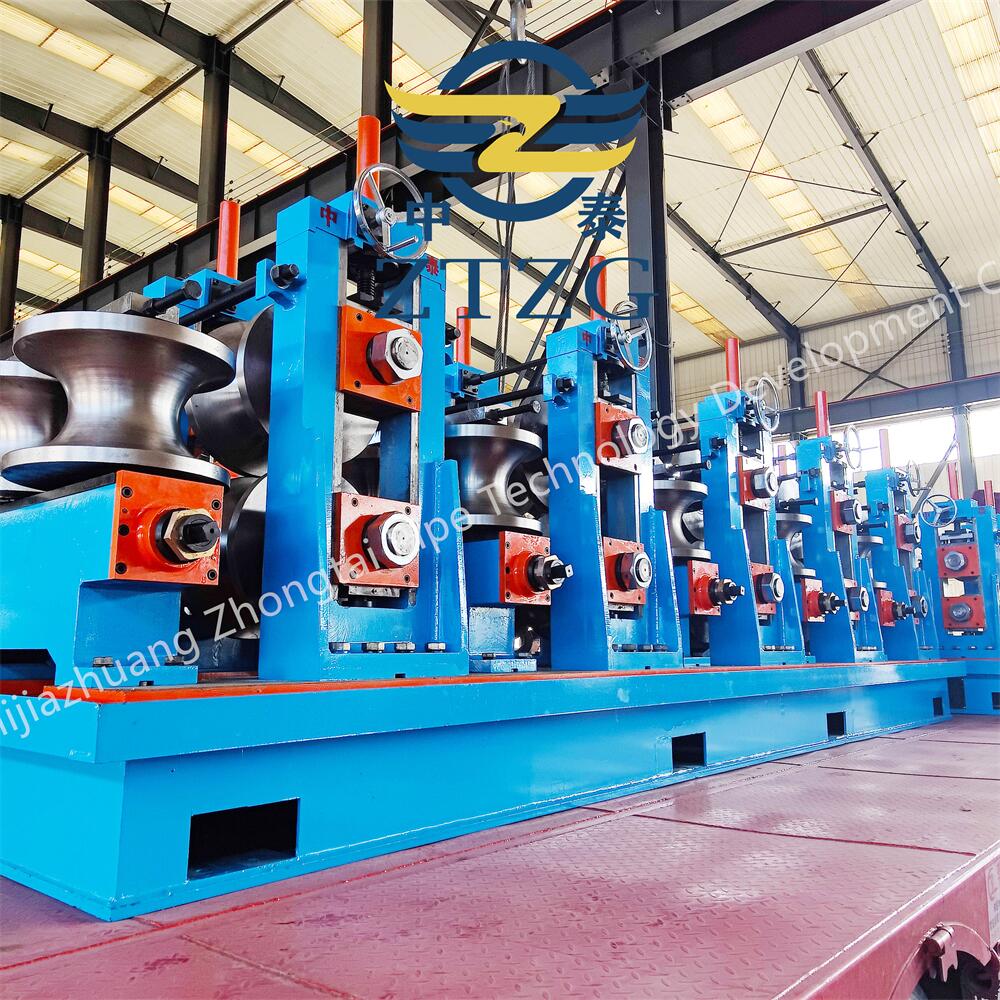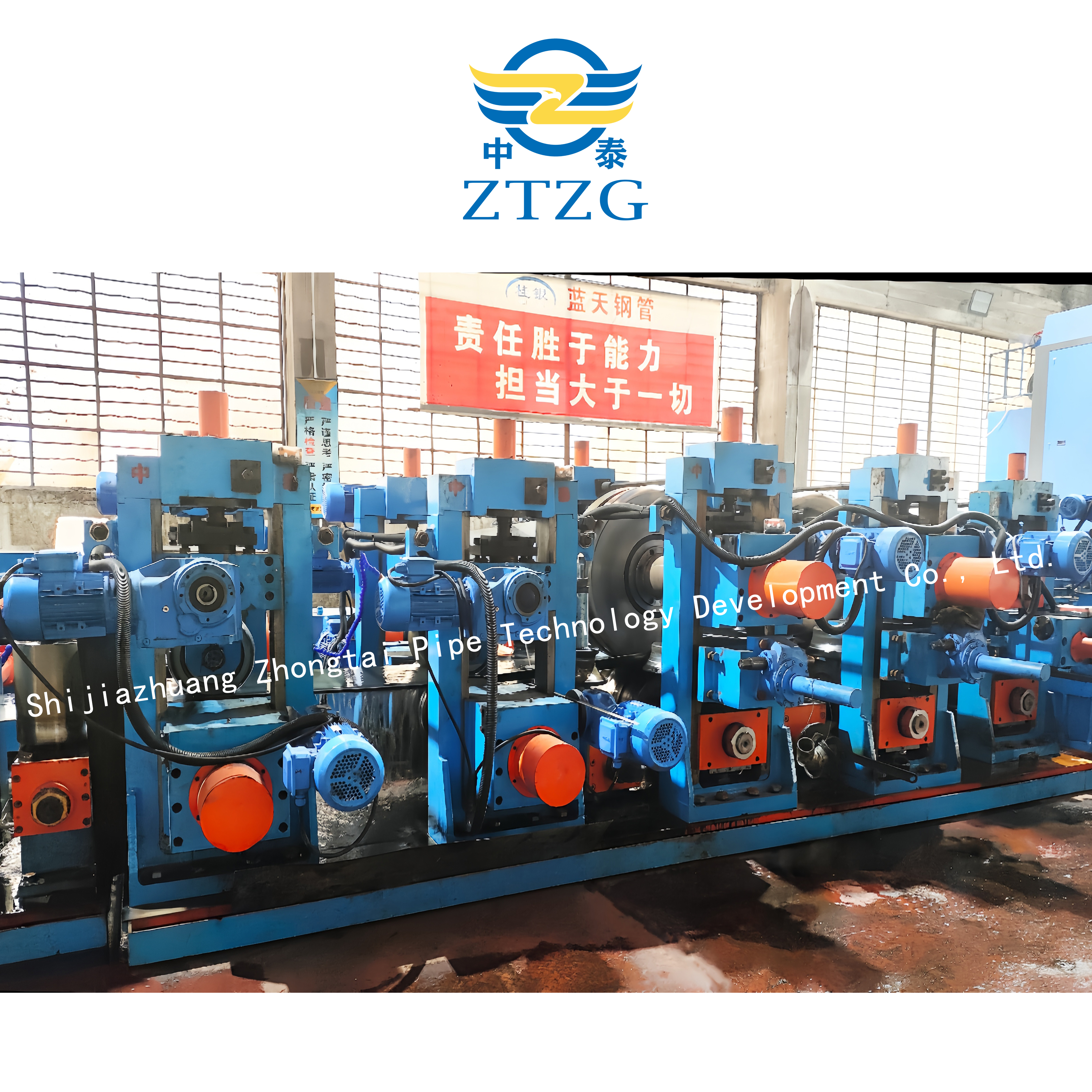When choosing steel pipe machinery, several critical factors should guide your decision-making process.
Firstly, consider the **production capacity** of the machinery. This entails assessing the volume of pipes you need to produce within a given timeframe, factoring in current demand and potential growth projections. Machinery with higher production capacities can handle larger volumes efficiently, contributing to increased output and potentially lower unit costs over time.
Secondly, evaluate the **pipe diameter range** that the machinery can accommodate. Different projects may require varying pipe sizes, from small diameter tubes to large structural pipes. Ensure the machinery you choose can produce the range of diameters needed for your applications without compromising quality or efficiency.
Material compatibility is another crucial consideration. Verify that the machinery is suitable for the types of **steel materials** you intend to use, whether it’s stainless steel, carbon steel, or other alloys. Different materials may require specific manufacturing processes and equipment specifications to achieve desired quality standards.
Automation level plays a significant role in productivity and operational costs. Automated machinery offers advantages in terms of precision, consistency, and reduced labor dependency. However, semi-automated options may be more cost-effective for smaller operations or projects where flexibility in production setups is critical.
Lastly, **after-sales support** and service are essential aspects to consider. Opt for suppliers known for their responsive customer service, readily available spare parts, and comprehensive maintenance programs. This ensures minimal downtime and optimal performance throughout the machinery’s lifespan.
Post time: Jul-25-2024














